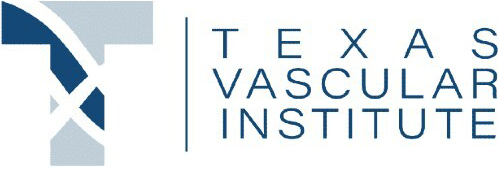By: Dr. Dev Batra | 09.10.25
If you’ve ever wondered, “What causes veins to pop out in arms and hands?”, you might worry it’s a sign of something serious. Fortunately, the short answer is: it’s usually harmless and caused by factors such as aging, low body fat, exercise, heat, or genetics. But sometimes, it could signal a treatable vein issue – so it’s worth checking with a vein specialist if you’re concerned.
Why Veins Become More Visible
Aging & Thinning Skin
As we age, skin naturally becomes thinner and loses elasticity. At the same time, vein valves can weaken, causing blood to pool and veins to appear more prominent. It’s an entirely natural part of aging and usually nothing to worry about, unless it comes with other concerning symptoms, which we’ll cover later.
Low Body Fat or Underweight
Less fat under the skin means veins show up more easily. If you have a lean physique or low subcutaneous fat, your veins may simply have less camouflage. Again, this usually isn’t a cause for concern, unless it’s paired with signs of malnutrition or dehydration.
Exercise & Strength Training
Physical activity raises blood pressure, causing veins to expand. If you regularly work out, especially lifting weights, those temporary bulges might become more permanent. This is totally normal, and it doesn’t just happen to bodybuilders or people training to exhaustion.
Warm Weather or Heat
Heat prompts veins to dilate to help cool your body, making them more noticeable. Conversely, in cold environments, veins tend to contract and recede. It’s just your body’s way of managing heat. While extreme sensitivity to temperature can sometimes signal health issues, visible veins alone usually aren’t a reason to worry.
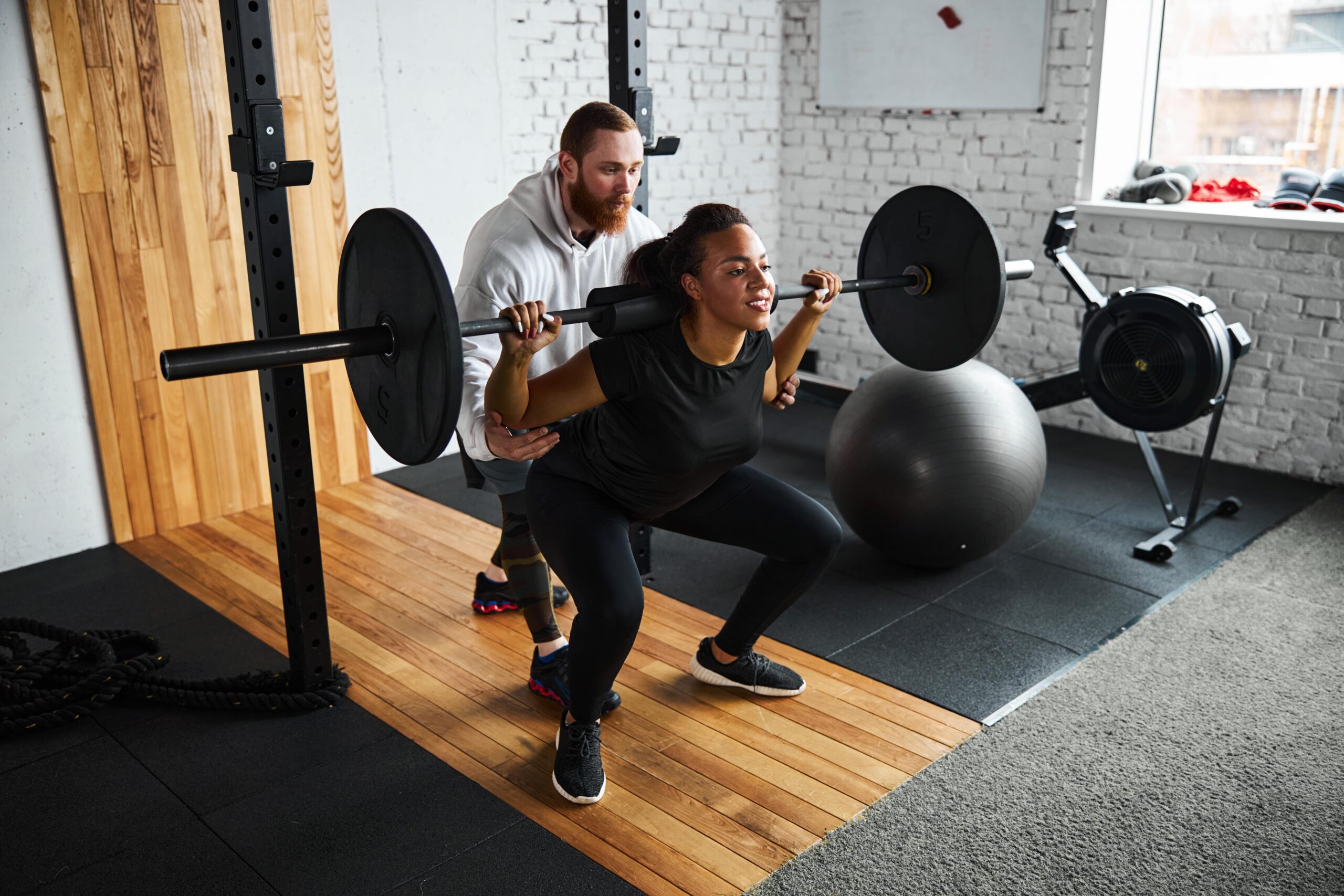
Genetics
If family members have prominent veins, you may too. Heredity influences vein visibility, skin thickness, and valve function. Sometimes, it’s just in your genes.
Less Common Medical Causes
Varicose Veins
Although we typically think of varicose veins as a leg problem, they can occasionally show up in the arms and hands, too. These veins are often bulgy, rope-like, and twisted in appearance. They’re caused by weakened or damaged valves, which let blood pool instead of flowing smoothly back to the heart.
You might notice discomfort, heaviness, or even itching in the area. While arm varicose veins are rare, they can be treated with outpatient procedures like sclerotherapy or laser therapy.
Vein Inflammation (Phlebitis) & Superficial Thrombophlebitis
If a vein near the surface becomes inflamed, it may look red, swollen, and feel tender to the touch. This condition is called phlebitis. Sometimes, a small clot forms in the inflamed vein: this is called superficial thrombophlebitis.
It can happen after an injury, infection, or prolonged IV use. Though not as dangerous as a deep clot, it still requires evaluation to make sure the clot doesn’t extend deeper into the venous system.
What this means for you: If you’ve had a recent injury or IV and notice a red, painful cord-like vein in your arm, get it checked out, it could be an inflamed or clotting vein.
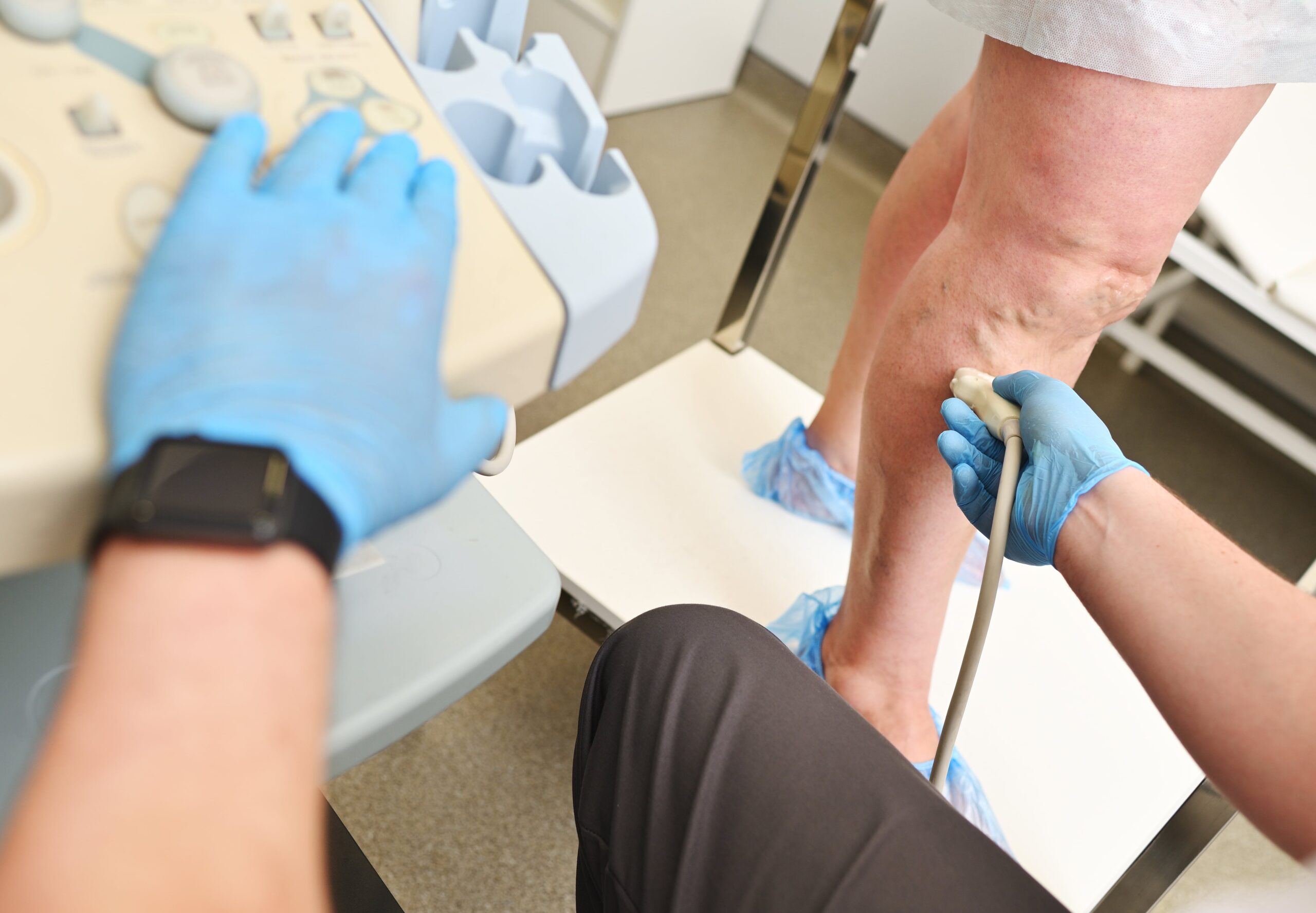
Deep Vein Thrombosis (DVT)
Most people associate deep vein thrombosis (DVT) with the legs, but it can also happen in the arms (known as upper extremity DVT). It’s rare, but it’s serious. Clots in deep veins can block circulation and lead to complications like pulmonary embolism if they travel to the lungs.
Signs include swelling, pain, warmth, and sometimes visible bulging veins or color changes in the arm.
What this means for you: If your arm suddenly swells, hurts, or feels hot, especially after surgery, catheter use, or long flights, see a doctor right away.
Cardiovascular or Vascular Disease
Chronic conditions that affect your heart and blood vessels, like peripheral vascular disease, chronic venous insufficiency, or congestive heart failure, can also make your veins stand out more. When circulation is poor, veins can dilate or blood can back up, making them more noticeable.
These conditions often come with other symptoms, such as leg swelling, fatigue, or shortness of breath.
What this means for you: If vein visibility is combined with fatigue, leg swelling, or heart issues, don’t ignore it. It might be your body’s way of signaling a deeper vascular concern.
Pregnancy
During pregnancy, blood volume increases dramatically to support the growing fetus. At the same time, hormone shifts cause veins to relax and widen, making them more visible, even in the hands and arms. This is totally normal, but excess pressure or poor circulation during pregnancy can lead to temporary varicose veins or discomfort.
What this means for you: If you’re pregnant and noticing veiny hands or arms, it’s usually nothing to worry about. But if it comes with leg swelling or pain, talk to your OB-GYN.
Recommended Reading: Preventing Varicose Veins During Pregnancy

Red Flags to Watch For
Most bulging veins aren’t dangerous. But see a healthcare provider if you notice:
- Pain, swelling, tenderness, heat, or redness around the vein
- Veins that bulge persistently without fading
- Sudden color changes (e.g., deep blue, purple, or green)
- Skin discoloration, wounds that won’t heal, or chest tightness—especially signs of a clot or serious circulation issue
Lifestyle Tips And Self‑Care Strategies For Healthy Veins
Even if your veins aren’t medically concerning, here are ways to manage or minimize their appearance:
- Stay well hydrated and moisturize your skin regularly.
- Use moderate exercise – not overexertion – to maintain healthy circulation.
- Avoid prolonged heat exposure; keep your hands cool.
- Support your vein health through a balanced approach to weight and activity levels.
Treatment Options For Bulging Veins
If the appearance of veiny hands bothers you, several safe, effective options are available, especially under expert care:
- Sclerotherapy: Injection of solutions that cause veins to collapse and fade
- Endovenous Ablation (Laser or Radiofrequency): Minimally invasive closure of problematic veins
- Ambulatory Phlebectomy: Removal of targeted veins through small incisions under local anesthesia
- Vein Stripping & Ligation: Surgical option to close and remove the vein—typically for more severe cases
These procedures are standard and effective, with minimal downtime and excellent cosmetic results.
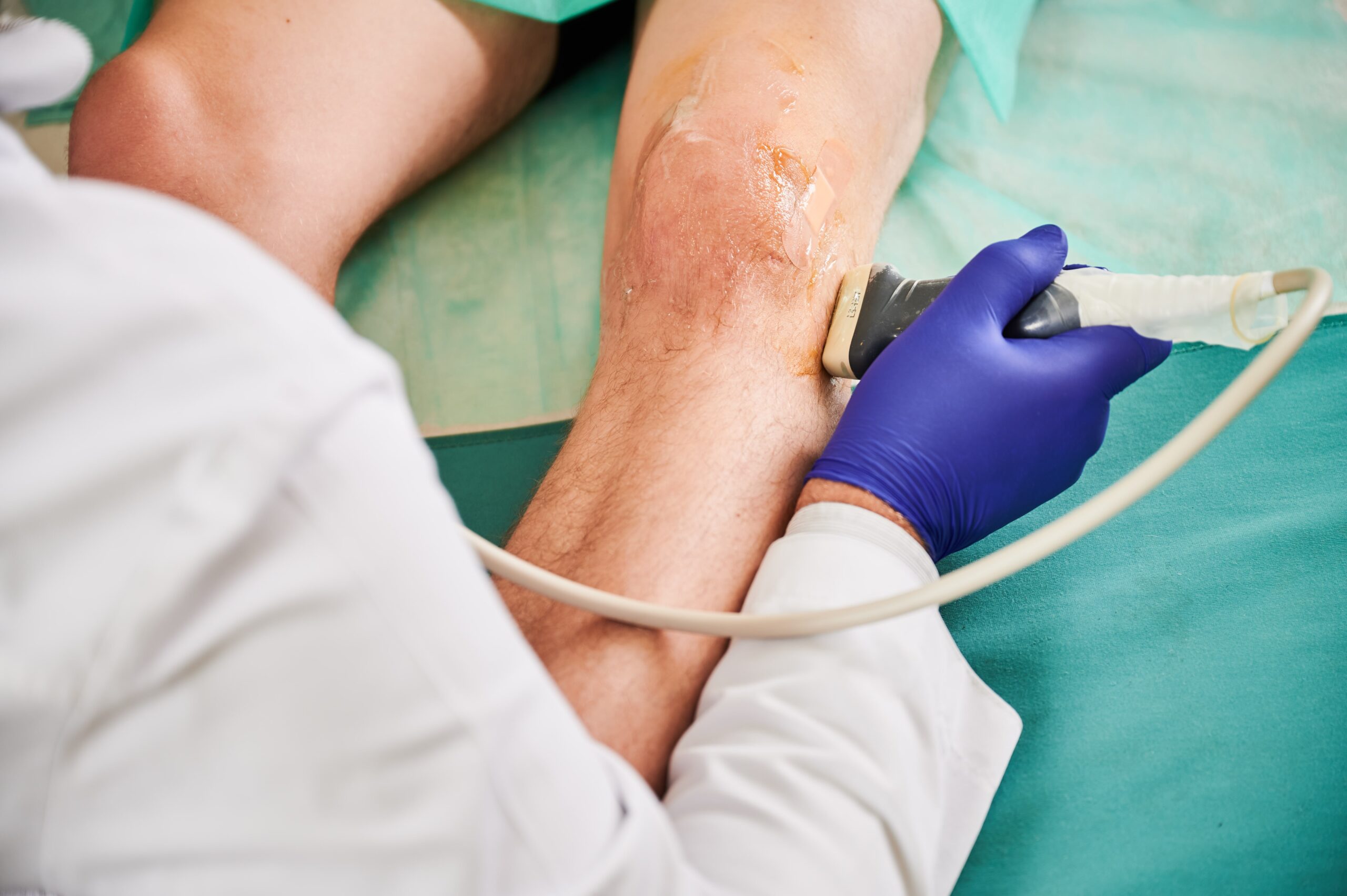
Why Choose Texas Vascular Institute?
Located right here in Texas, Texas Vascular Institute combines expertise with a patient-first approach. We offer advanced treatment options with a personal, caring touch: no high-pressure consults, just guidance and real solutions. Whether you’re curious or ready to get started, our team brings comfort, precision, and follow-through.
What You Can Do To Take Care Of Your Veins
Let’s bring it all together:
- Veins pop out in arms and hands most often because of thin skin, low body fat, exercise, heat, or family traits. Usually, nothing to worry about.
- In rare cases, underlying vein conditions, like varicose veins, inflammation, or clots, may be at play.
- Watch for persistent pain, discoloration, or swelling. If anything unusual shows up, seek care.
- Cosmetic options like sclerotherapy or ablation are safe and effective.
- Texas Vascular Institute offers expert evaluation and personalized treatment in a friendly atmosphere.
Want to learn more or explore options? The caring specialists at Texas Vascular Institute are here to help, whether you’d like peace of mind or a new cosmetic solution. Contact us if you’d like to learn more!
Read more blogs
Embolization Procedure
Discover embolization procedures for non-surgical relief from knee pain, heel pain, and fibroids. Safe, effective, and fast recovery.
Find Relief Without Surgery
Find relief without surgery at Texas Vascular Institute. Minimally invasive vascular treatments, faster recovery, and compassionate care.
Uterine Fibroid Embolization
Learn how Uterine Fibroid Embolization (UFE) treats fibroids safely without surgery. Discover benefits, recovery, and if it’s right for you.
WHAT OUR PATIENTS
have to say
Texas Vascular Institute always appreciates feedback from our valued patients. To date, we’re thrilled to have collected 378 reviews with an average rating of 5 out of 5 stars. Please read what others are saying about Texas Vascular Institute below, and as always, we would love to collect your feedback.
Leave a Review
Amazing Practice
I'm very particular with my Healthcare and tend to be cautious with referrals to specialists. This office is amazing from the first point of contact. Their staff are friendly, professional and highly knowledgeable. Then the Dr is just as amazing as his staff, absolutely brilliant. Office manager Jessica has this office running like a well oiled machine and does so with a smile, an air of confidence, kindness and professionalism. Love this practice!!
- Richard G.

Beyond Thankful
Dr Batra and his staff are amazing! We are so grateful to have found him. Everyone is so kind and so caring and Dr Batra explains everything so well and does procedures with excellence. Beyond thankful to be under their care!!!
- Bitsy P.

Gold Standard
This is a gold standard for how a medical practice should be run. I was promptly seen at my scheduled time, my ultrasound was thorough and I received plenty of attention and care from the staff and Dr.Batra.
- Weronika L.
INSURANCE
We accept most major insurance plans. Please contact the medical office for all insurance related questions.









8330 Meadow Rd #100
Dallas, TX 75231
For Appointments: 972-798-4710
General Inquiries: 972-646-8346

809 West Harwood Rd, Suite 101,
Hurst, TX 76054
For Appointments: 972-798-4710
General Inquiries: 972-646-8346
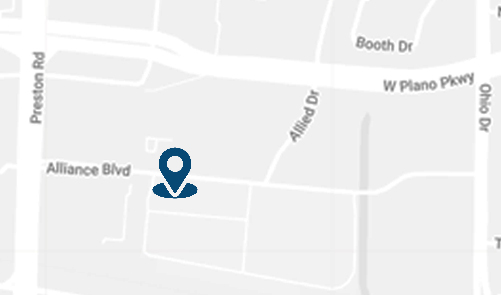
4716 Alliance Blvd Suite #180,
Plano, TX 75093
For Appointments: 972-798-4710
General Inquiries: 972-646-8346

